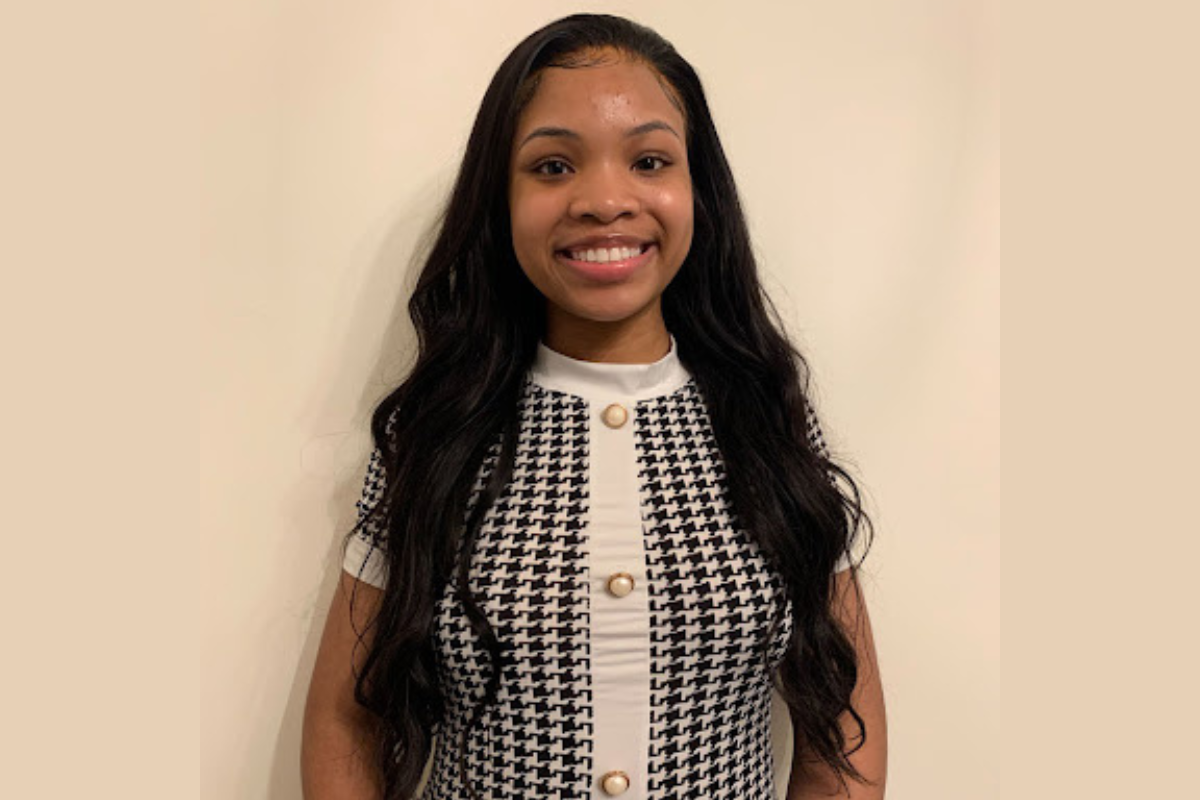Where Anissia Fleming grew up, she was surrounded by predominantly White institutions like Middle Tennessee State University, the University of Tennessee, Mississippi State University, and the University of Alabama—and those are some of the places she and most of her classmates considered. But during the Covid-19 pandemic, Fleming received a letter from Tennessee State University, a public HBCU in Nashville, offering her a full scholarship, even though she hadn’t applied. Fleming believed this was a sign that TSU was where she was meant to be. Since then, she has had several surprising discoveries about HBCUs.
For example, she says, “There is a stigma that students should not prioritize HBCUs when it comes to their college search. But HBCUs are just as equipped as PWIs [predominantly White institutions] to produce engineers, doctors, political leaders, nurses . . . . The list goes on and on. There is this idea that if you go to an HBCU, you are not getting the highest quality of higher education that you could be getting. This stigma attached to HBCUs is just not true.”
In fall 2023, Fleming is an intern with Every Learner Everywhere, working on a research project to develop a profile of HBCUs with a goal of understanding why Black students choose to attend them and what PWIs can learn from HBCUs to better serve their Black students. Fleming’s part of the project includes examining previous research and scholarship on HBCUs and interviewing educational and student leaders.
“I’m seeking perspective on why Black students who attend HBCUs tend to be more satisfied with their college experience and more successful in their careers after college than Black students who attend predominantly White institutions,” Fleming says.
“I am enjoying my research because not only can I shine light on my own institution, but I can let people know that HBCUs are more than what they were founded for during the times when segregation was legal,” she continues. “HBCUs are valuable for so many different reasons and their historical foundation only makes them more important in our country. I commend HBCUs for fighting and standing up for what they believed in and not letting integration take away the fundamental reasons why they were founded.”
Another incorrect impression of HBCUs, says Fleming, is that they are only for Black students. For example, the 2022 undergraduate student body at TSU was 15 percent White, and there are also populations of Asian, Indigenous, and Latino students.
“HBCUs are for any student, just like a PWI, but what makes them special is that they heavily contribute so much to African American student success specifically,” Fleming says. “Without HBCUs, tons of Black students would not be the doctors, politicians, or engineers they are today. The hidden beauty you can only find when you experience an HBCU for yourself is what is most significant.”
Career and community at HBCUs
Fleming says the research project as part of her internship with Every Learner is giving her practical experience in becoming a better researcher by learning what is credible information and data and what is not. “I am bringing personal experience,” she explains, “but I know I have to turn off those biases and let the facts that I find be the facts, regardless of what I think.”
At TSU, Fleming has served in student government, is co-founder and President of the Student Democracy Network, leads work in civic engagement with the Andrew Goodman Foundation, and is a member of the Honors College and Alpha Kappa Alpha Sorority, Incorporated. She has also led work on her campus with the Tennessee Secretary of State’s Office.
Despite that busy schedule, Fleming is on track to graduate from TSU a semester early and says her next step will be becoming a lawyer. She is still considering her area of focus but wants to study constitutional law, criminal law, or civil rights and social justice-focused law.
“No matter what I end up doing, I want to serve my community and give back, and at the same time progress our country so that all Americans’ voices are heard,” she says. “HBCUs produce greatness at its finest, and I am proof of that.”
Read more about disaggregated student data in Toward Ending the Monolithic View of “Underrepresented Students”

